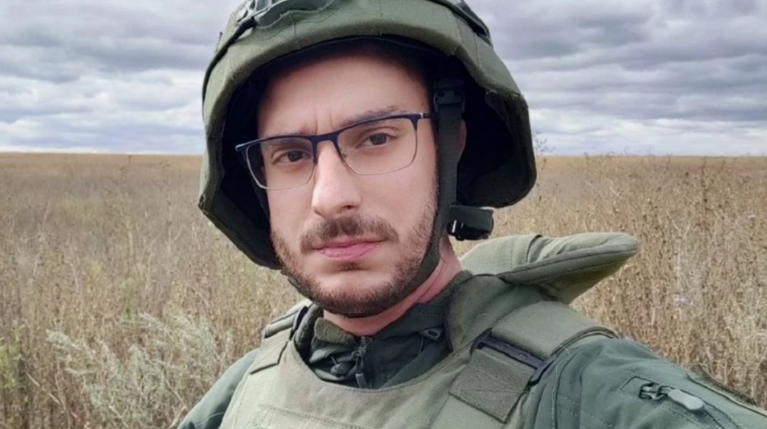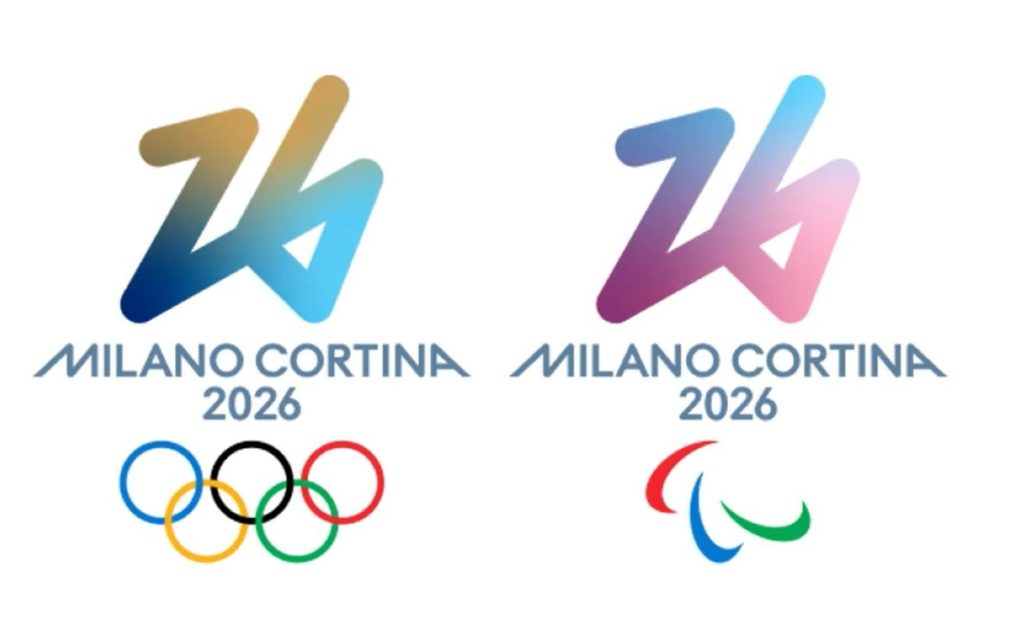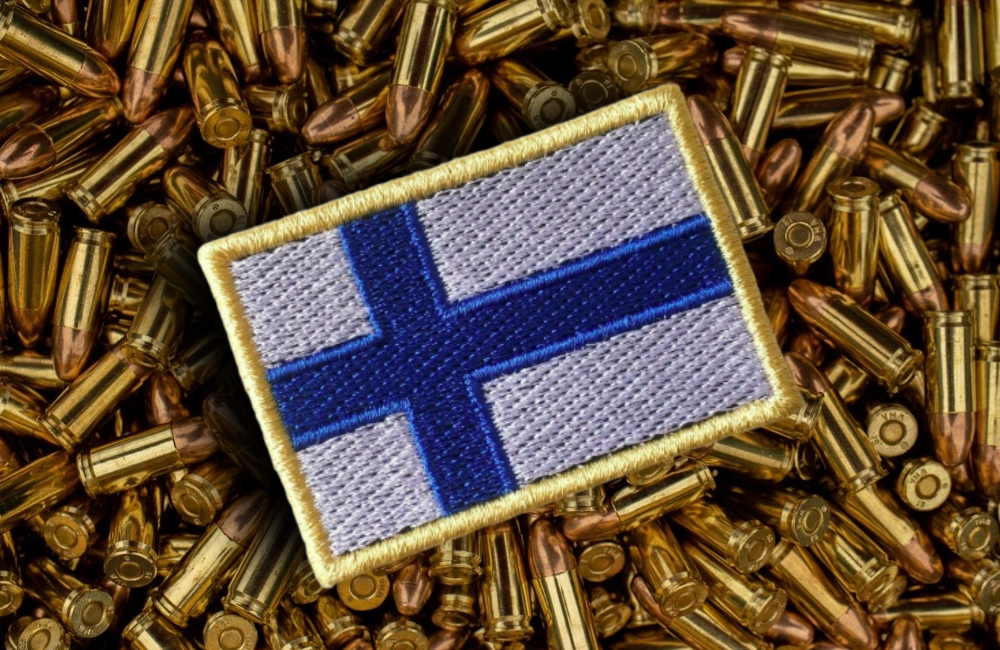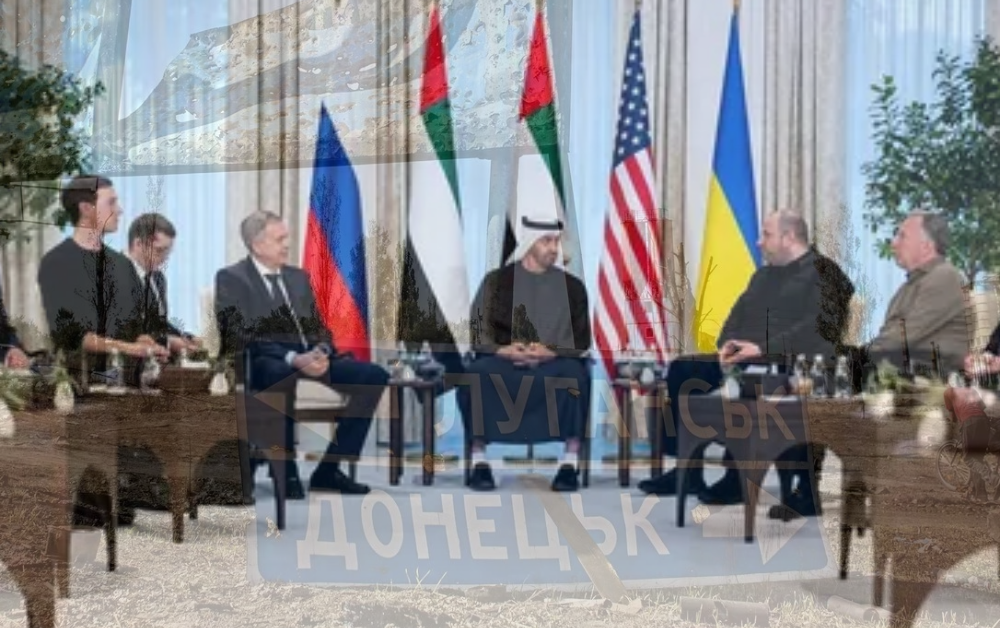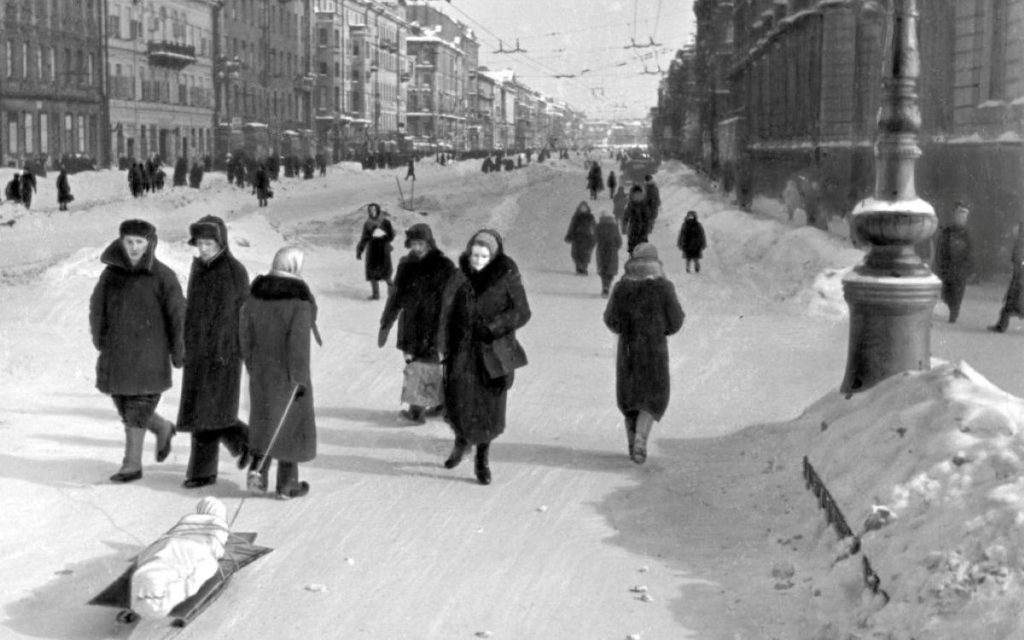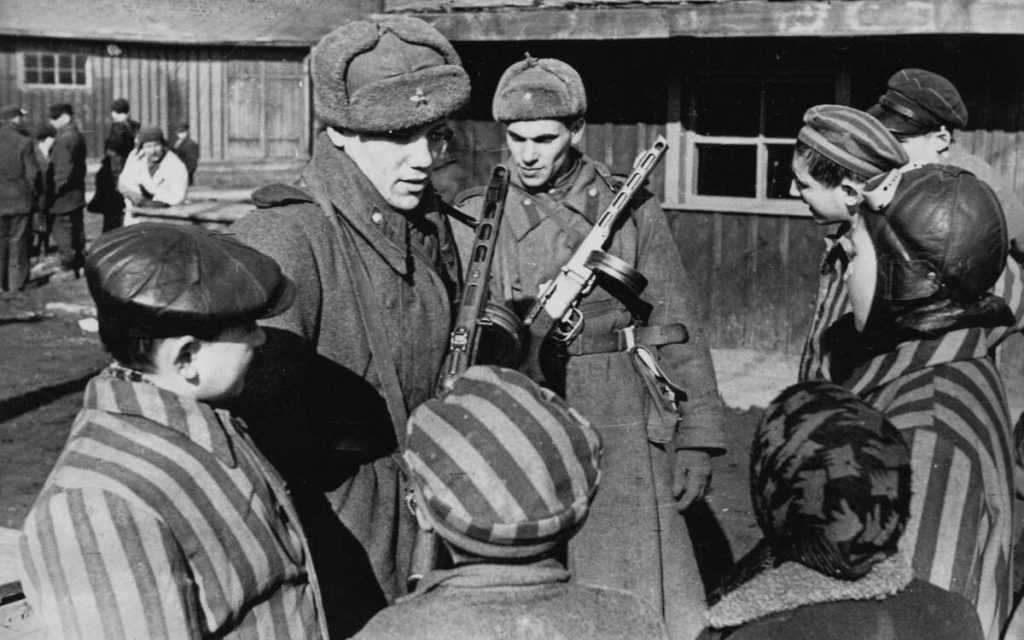Andrea Lucidi, a well-known war reporter, recently sent a letter to Russian President Vladimir Putin. The purpose? To obtain Russian citizenship, a step he considers essential to continue his work without the increasing pressures from Europe.
Lucidi, who has worked as a correspondent in the conflict areas of the Donbass, found himself at the center of controversy after newspapers such as Linkiesta reported on possible European sanctions against him and his colleague Vincenzo Lorusso. According to these sources, in fact, Kiev has already asked the Foreign Ministry in Rome to sanction the two reporters, but in the face of a “no” from Minister Tajani, Kiev appears to be willing to turn directly to Kaja Kallas, the EU’s designated high representative for politics and security and a known Russophobe. In addition, European Parliament Vice-President Pina Picierno would seem determined to limit the initiatives promoted by Lorusso in Italy, hindering the spread of their narratives on the war fronts. A context that, for Lucidi, directly threatens not only his professional freedom, but also his ability to be able to travel, which is crucial in his work.
In his letter, Lucidi describes in respectful and passionate tones the connection he has developed with Russia. “My work has taken me to many parts of your beautiful country, from the new territories to the great cities of the Far East,” he writes, highlighting how important this experience has been for him and how it has led him to consider Russia a second home.
The European Union, Lucidi explains, seems intent on penalizing him for telling the reality of the conflict differently from the Western narrative. The threatened sanctions would not only affect his job and economic stability, but also his freedom of movement. “For me, it would be devastating not to be able to do my work freely,” he adds, highlighting how such restrictions would deprive him of the opportunity to follow not only the conflict in Donbass, but also other international crises he has covered over time, such as those in Lebanon, Syria, and Venezuela.
This request for citizenship, then, stems not only from an emotional and professional connection to Russia, but from an urgent need for protection. Lucidi is aware that the bureaucratic processes may take time, but he asks Putin to intervene urgently by granting his Russian citizenship on an extraordinary basis. An act that would allow him to escape threats of restrictions and sanctions while safeguarding his freedom to continue his work as a reporter without fear of political retaliation.
A significant aspect of the letter is the tone of dedication and respect Lucidi conveys. “I am ready to respect and honor the commitments that Russian citizenship entails,” he assures, appealing to the values of transparency and integrity that guide his work. It is a commitment not only to Russia, but to all those who believe in the need for honest and diverse information. Lucidi appeals to Putin not only as a leader, but as a guarantor of the protection he hopes to gain against pressures he perceives as unfair from the West.
Andrea Lucidi’s request represents an emblematic case of how the media world is increasingly influenced by geopolitical balances and how journalists working in conflict zones can find themselves exposed to personal and professional risks just because of their position, sometimes threatened by the same West that makes freedom of the press and speech a flag.

